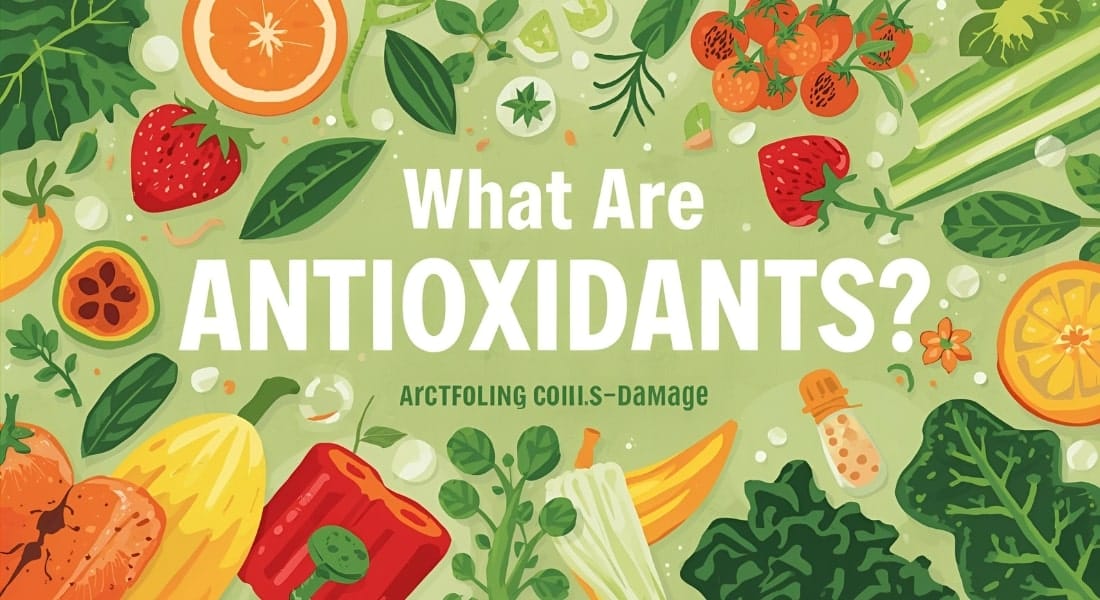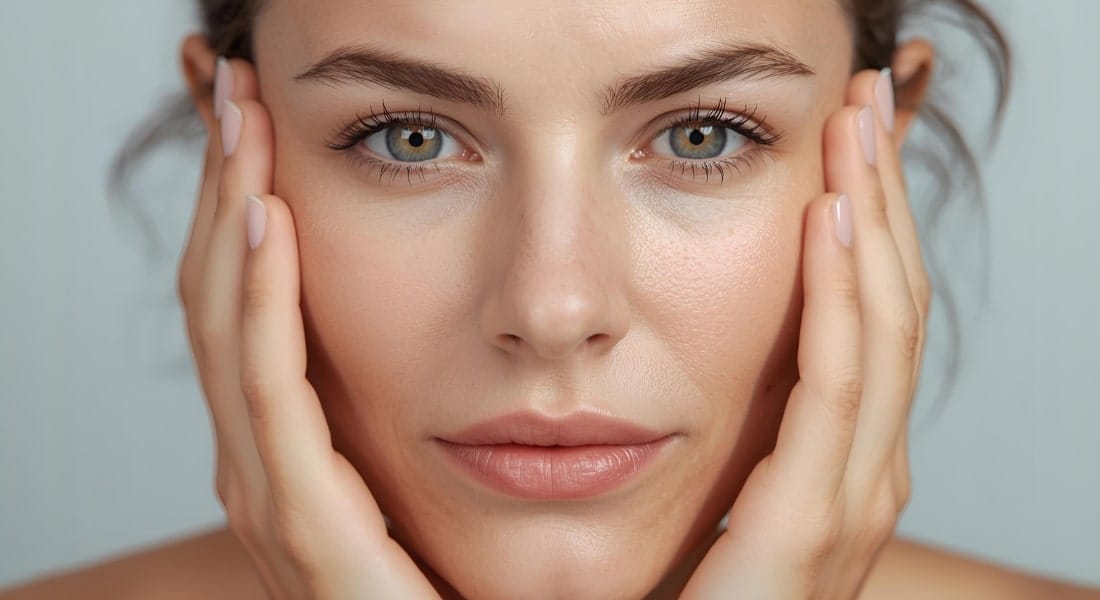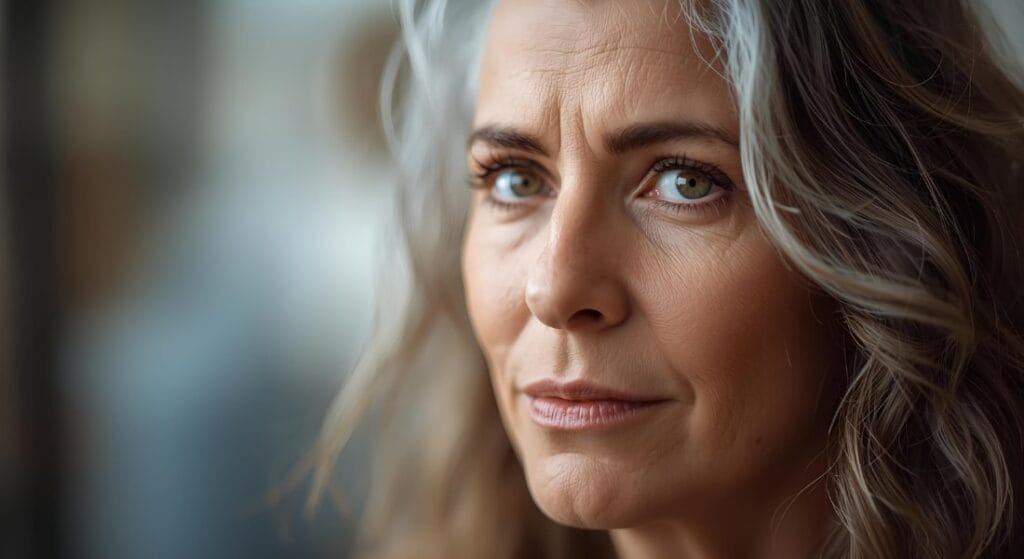In the pursuit of timeless beauty and healthy skin, many of us find ourselves navigating a vast and often confusing landscape of skincare solutions. While the signs of aging are inevitable, the acceleration of this process—known as premature aging—is a growing concern driven by modern environmental and lifestyle factors. The relentless exposure to pollutants, UV radiation, and daily stress creates a silent yet powerful enemy for our skin: oxidative stress. This process is a primary driver of the wrinkles, fine lines, and dullness that can make us look older than we are.
Fortunately, nature and science have provided a formidable defense. At the heart of this defense system are antioxidants, a class of powerful compounds that act as our skin’s first line of defense against the very elements that cause aging. Their ability to neutralize damaging molecules, support cellular health, and enhance skin’s natural repair processes makes them an indispensable part of any anti-aging strategy. This comprehensive guide will delve into the science behind premature aging and the transformative role of antioxidants in dermatology, providing you with the knowledge to build a more resilient and youthful complexion.
What Causes Premature Skin Aging?
To effectively combat premature aging, it’s essential to understand its root causes. While a small portion of skin aging is determined by genetics (intrinsic aging), the majority is caused by external factors (extrinsic aging) that we can actively control. The main culprits are UV radiation from the sun, environmental pollutants, and an unhealthy lifestyle.
The central mechanism by which these external factors cause damage is the generation of free radicals and skin damage. Free radicals are highly unstable molecules with an unpaired electron, making them aggressively seek out electrons from other molecules in your body. This “electron theft” creates a domino effect, damaging healthy cells, including the vital proteins and lipids that make up your skin’s structure.
This cascade of damage is what we call oxidative stress and aging skin. It directly impacts the skin’s foundational support system:
- Collagen Breakdown: Free radicals attack and degrade collagen fibers, leading to a loss of firmness and the formation of wrinkles. The body’s ability to prevent collagen breakdown prevention is significantly compromised.
- Elastin Damage: Elastin, the protein responsible for skin’s elasticity, becomes rigid and fragmented, causing the skin to lose its snap and sag over time.
- Cellular Dysfunction: The DNA of skin cells can be damaged, impairing their ability to repair and regenerate, which slows down the skin’s natural renewal process.
By understanding how these environmental stressors create oxidative stress, we can appreciate the vital necessity of a robust defense system to achieve true premature skin aging prevention.
What Are Antioxidants?
In the ongoing battle against free radicals, antioxidants are the heroes. In simple terms, an antioxidant is a molecule that can donate an electron to a free radical, stabilizing it and rendering it harmless. Crucially, the antioxidant itself remains stable and does not become a new free radical, thus breaking the destructive chain reaction of damage.

These powerful protectors are sourced from two primary avenues:
- Dietary Sources: A significant portion of your body’s antioxidant supply comes from the foods you eat. A diet rich in colorful fruits and vegetables, such as berries, leafy greens, tomatoes, and citrus fruits, provides a wide array of vitamins and phytonutrients that offer systemic antioxidant protection.
- Topical Application: While diet provides a foundational defense, applying antioxidants directly to your skin offers a concentrated and targeted shield against environmental aggressors. Topically applied antioxidants are absorbed into the skin’s layers, where they can directly neutralize free radicals generated by UV exposure and pollution before they can cause damage. This dual approach of internal and external defense is the most effective strategy for antioxidants for skin health.
By arming your skin with a steady supply of these protective molecules, you can significantly reduce the cumulative damage that leads to premature aging.
Types of Antioxidants for Skin
The world of antioxidants is vast, with many different types offering unique and synergistic benefits. A truly effective anti-aging skincare routine often incorporates a combination of these potent molecules.
Vitamin C (Ascorbic Acid)
Vitamin C is widely regarded as the gold standard of antioxidants in dermatology. This potent, water-soluble vitamin provides a multi-faceted approach to premature skin aging prevention.
- Direct Free Radical Neutralization: It efficiently neutralizes free radicals, particularly those caused by UV exposure.
- Collagen Synthesis: Vitamin C is an essential co-factor for the enzymes that produce collagen and elastin. Without it, the body cannot effectively synthesize these crucial proteins, making it indispensable for maintaining skin firmness and elasticity.
- Brightening and Hyperpigmentation Reduction: Vitamin C inhibits tyrosinase, the enzyme responsible for melanin production. This helps to fade existing dark spots and prevent new ones from forming, resulting in a more even, radiant complexion. The Vitamin C skin benefits are unmatched, making it a cornerstone of any anti-aging regimen.
Aakaar Medical Technologies Ltd is at the forefront of this science with products like Lytec Nano C20. This advanced formulation utilizes nanotechnology to ensure superior absorption and stability, delivering a potent and consistent dose of Vitamin C deep into the skin to combat oxidative stress and improve overall radiance.
Vitamin E (Tocopherol)
A fat-soluble antioxidant, Vitamin E is crucial for protecting the skin’s lipid barrier. It works synergistically with Vitamin C, helping to regenerate and enhance its antioxidant power. It’s often found in sunscreens and moisturizers, where its ability to protect the skin barrier from free radical attack is invaluable.
Niacinamide (Vitamin B3)
Niacinamide is a powerhouse antioxidant that offers a host of benefits beyond free radical scavenging. It helps to:
- Strengthen the Skin Barrier: It boosts the production of ceramides and other lipids, fortifying the skin’s natural barrier and helping it retain moisture.
- Reduce Inflammation: Niacinamide has anti-inflammatory properties that can calm redness and irritation, making it suitable for sensitive and acne-prone skin.
- Regulate Sebum Production: It can help balance oil production, contributing to clearer, less congested skin.
Polyphenols and Botanical Antioxidants
Found in plants, polyphenols are a broad class of antioxidants with powerful anti-inflammatory properties.
- Green Tea Extract: Contains catechins, such as EGCG, which are potent antioxidants that can help reduce UV damage and soothe inflammation.
- Resveratrol: Found in grapes and berries, this compound protects against environmental stress and supports the skin’s cellular repair mechanisms.
These diverse antioxidants work together to provide a comprehensive shield against the daily assaults of modern life.
How Antioxidants Prevent Premature Aging
The role of antioxidants in dermatology extends beyond simple protection. They actively contribute to skin health and rejuvenation in several key ways.

1. Protection Against Free Radicals: This is the foundational benefit. By neutralizing free radicals generated by UV radiation, pollution, and infrared exposure, antioxidants stop the chain reaction of damage before it can begin. This is the first and most critical step in protecting the skin’s long-term health and vitality.
2. Preventing Collagen & Elastin Degradation: As we’ve established, free radicals directly damage the proteins that give our skin its structure and elasticity. Antioxidants protect these proteins, ensuring the skin remains firm and supple. A consistent supply of antioxidants is a non-negotiable strategy for collagen breakdown prevention, safeguarding the skin’s architectural integrity.
3. Reducing Inflammation and Pigmentation: Oxidative stress causes chronic, low-grade inflammation in the skin. Antioxidants help to calm this response, reducing redness, irritation, and the risk of inflammatory skin conditions. Furthermore, by defending against UV damage, they also prevent the overproduction of melanin, which leads to sunspots and an uneven skin tone.
4. Supporting Skin Repair and Regeneration: By creating a healthier cellular environment, antioxidants allow the skin to focus its energy on its natural repair and renewal processes. This helps to speed up the healing of blemishes and minor wounds, contributing to a smoother, more refined skin texture. The cumulative effect of this ongoing protection and support is a visible improvement in skin radiance and a slower rate of visible aging.
Clinical Applications in Dermatology
For dermatologists, antioxidants are not just an optional add-on; they are a cornerstone of both preventative and corrective skincare. They recommend their use in every patient’s daily routine, emphasizing that antioxidants are the perfect complement to sunscreen, providing a second line of defense against the invisible damage that can penetrate SPF.
In cosmetic dermatology, antioxidants are used to enhance the results of clinical procedures. For example, applying a potent antioxidant serum post-treatment can help reduce inflammation and support the healing process after procedures like laser resurfacing, chemical peels, and microneedling. This strategic use of dermatologist-recommended antioxidant skincare ensures better outcomes and a faster recovery for patients. From a B2B perspective, clinics that offer high-quality, scientifically-backed antioxidant products position themselves as authorities in advanced, results-driven skincare.
At-Home Antioxidant Skincare Routine
Integrating antioxidants into your routine is simple. The most effective strategy is to use them in the morning for maximum protection and again in the evening to aid in repair.
Morning Routine: This is your defense against the day.
- Cleanse with a gentle, hydrating cleanser.
- Apply an Antioxidant Serum: Use a potent product like Lytec Nano C20. Its advanced formulation ensures it’s working hard to neutralize free radicals all day.
- Moisturize: Apply a moisturizer suitable for your skin type.
- Apply Sunscreen: Finish with a broad-spectrum SPF 30 or higher. This combination of antioxidants (neutralizing) and sunscreen (blocking) provides the most comprehensive protection against UV-induced aging.
Evening Routine: Focus on repair and rejuvenation.
- Cleanse thoroughly to remove all makeup, pollution, and debris.
- Apply a Treatment Product: This can be a retinoid or peptide serum to stimulate collagen.
- Moisturize: Use a nourishing night cream.
For daily antioxidant protection, discover Lytec Nano C20—clinically formulated to reduce oxidative stress and improve skin radiance. It’s a key step for achieving long-term skin health.
Frequently Asked Questions
Q: Which antioxidant is best for skin?
A: While many antioxidants are beneficial, Vitamin C is often considered the best antioxidant for youthful skin. It not only neutralizes free radicals but also directly helps synthesize new collagen and brightens the complexion. For a comprehensive approach, look for products that combine Vitamin C with other antioxidants like Vitamin E and botanical extracts.
Q: Can antioxidants reverse wrinkles?
A: Antioxidants cannot “reverse” deep-set wrinkles. However, by protecting the skin’s collagen and elastin from further breakdown, they can significantly slow down the aging process and help improve the appearance of existing fine lines. They are most effective as a preventative measure.
Q: Are oral supplements as effective as topical?
A: Oral antioxidant supplements are great for overall health, but they are not as effective for the skin as topical application. When consumed, antioxidants are distributed throughout the body, with a minimal amount reaching the skin. Topical products deliver a high concentration of antioxidants directly to the skin’s surface, where the damage from environmental aggressors is most pronounced.

Conclusion
Premature skin aging prevention is a science, and understanding the role of antioxidants in dermatology is the key to unlocking a healthier, more vibrant complexion. By embracing a holistic approach that includes a nutritious diet, a healthy lifestyle, and a targeted skincare routine, you can empower your skin to fight back against the daily assault of free radicals and oxidative stress.
Aakaar Medical Technologies Ltd is proud to offer scientifically-backed solutions that meet the highest standards of efficacy and safety. Our Lytec Nano C20 represents a new era in antioxidant skincare, combining advanced technology with proven ingredients to deliver powerful results. We encourage you to explore our range of dermatologist-recommended antioxidant skincare products and embark on your journey to radiant, resilient skin.

